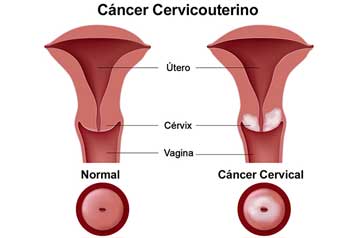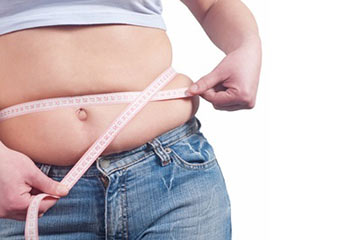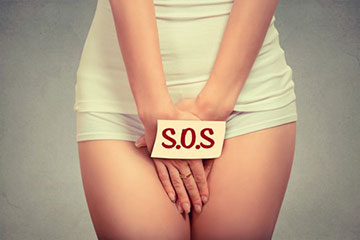Causes of Jaundice in Newborn Babies
Jaundice is caused by too much bilirubin in the blood. This is known as hyperbilirubinaemia.Bilirubin is a yellow substance produced when red blood cells, which carry oxygen around the body, are broken down.
The bilirubin travels in the bloodstream to the liver. The liver changes the form of the bilirubin so that it can be passed out of the body in stools (faeces).
However, if there is too much bilirubin in the blood, or if the liver cannot get rid of it, excess bilirubin will cause jaundice.
Jaundice in babies
There are three main reasons why jaundice is common in new born babies:
- newborn babies have a greater number of red blood cells than adults
- the red blood cells in babies have a shorter lifespan than those found in adults, so they need to be broken down and replaced at a faster rate
- the process to break down and excrete the bilirubin is slower than it is in adults
By the time a baby is two weeks old, they are producing less bilirubin and their liver is more effective at removing it from the body which means the jaundice usually corrects itself without causing harm.
Breastfeeding
Breastfeeding your baby makes it more likely they will develop jaundice; which tends to last longer than in bottle-fed babies.
The reasons for this are unclear. A number of theories have been suggested, such as:
- when you first start breastfeeding it can be hard to provide all the nutrients your baby requires so they are not getting nutrients and fluids necessary to help their body break down and excrete bilirubin; this tends to only be a short-term issue
- breastfeeding may somehow cause the bilirubin in the intestines (part of the digestive system) to be re-absorbed back into the blood, instead of being passed out
- it is also possible that breast milk contains an unidentified, but harmless, substance that causes jaundice in newborn babies
If you are breastfeeding your baby, continue to do so even if your baby has symptoms of jaundice as they will pass in time. Benefits of breastfeeding outweigh any potential risks associated with jaundice.
You may wish to discuss this further with your GP or midwife.
Who’s at risk?
Your baby is more likely to need treatment for high levels of bilirubin in their blood if:
- they were born before the 38th week of your pregnancy
- you have another child that needed treatment for jaundice
- you intend to only breastfeed your baby (not bottle-feed as well)
- they develop jaundice within 24 hours of being born
There is also some evidence that babies with a low birth weight (less than 2 and a half kilos or 5.5 pounds) are more likely to need treatment for jaundice.
Alternative causes
In some cases, jaundice may have an alternative cause. Some of these are described below.
- An underactive thyroid gland (hypothyroidism).
- Blood group incompatibility, when the mother and baby have different blood types, and these are mixed during the pregnancy or the birth.
- Rhesus factor disease, a condition that can occur if the mother has rhesus-negative blood, and the baby has rhesus-positive blood.
- An inherited enzyme deficiency (enzymes are proteins that speed up and control chemical reactions in the body), such as a deficiency of glucose-6-phosphate-dehydrogenase (G-6-PD), an enzyme that helps red blood cells function.
- The baby experiences bleeding in and around the skull (cephalohaematoma) due to a difficult delivery – this condition is not usually serious.
- The mother of the baby has diabetes.
- The baby has a urinary tract infection (an infection, usually bacterial, that develops inside any part of the body used to pass urine, such as the bladder)
- Crigler-Najjar syndrome, an inherited condition that adversely affects the enzyme responsible for processing bilirubin, leading to an excess build up of bilirubin.
- An obstruction or defect in the biliary system. The biliary system is made up of the bile ducts and gall bladder, and it creates and transports bile (a fluid used to help digest fatty foods).
Source
NHS Choices
Causes of Jaundice in Newborn Babies
Last reviewed: 06/02/2012






